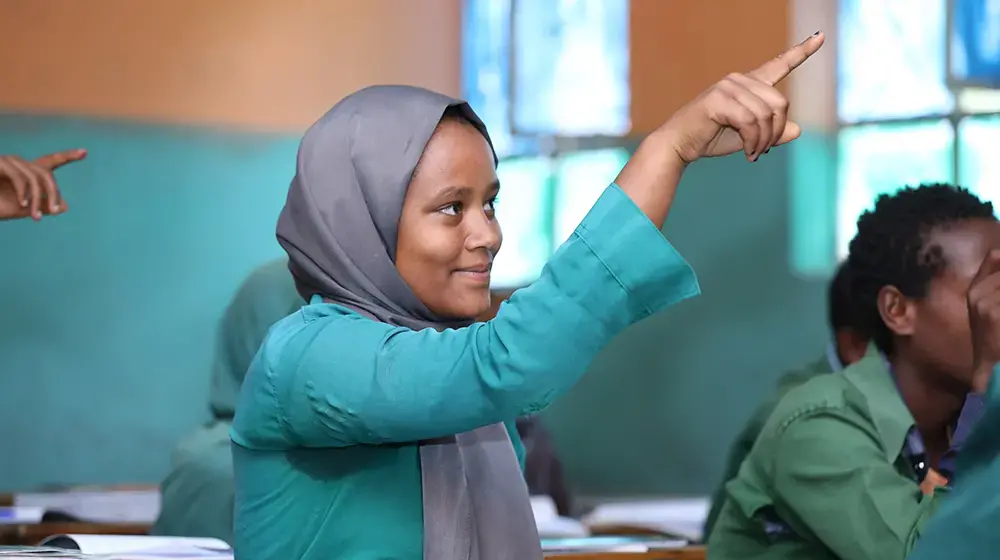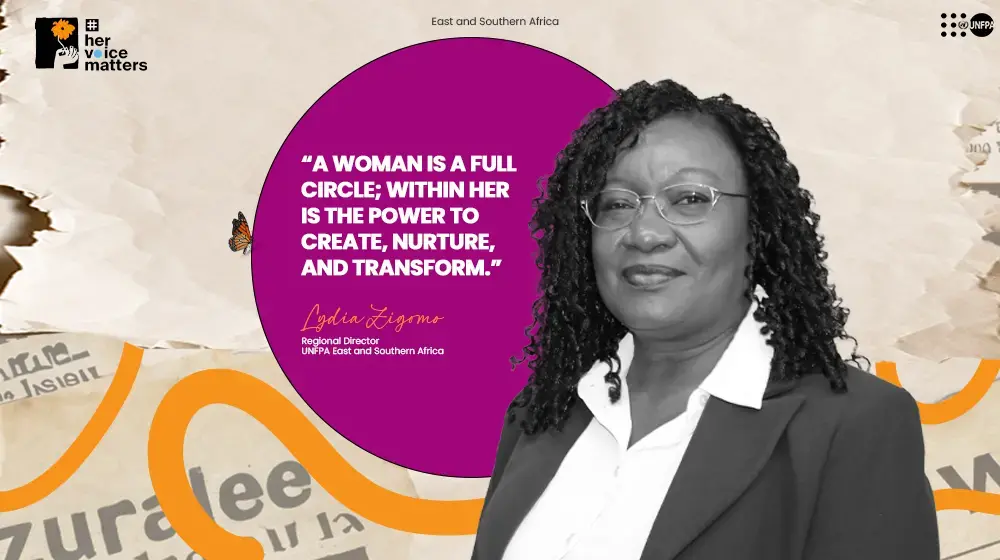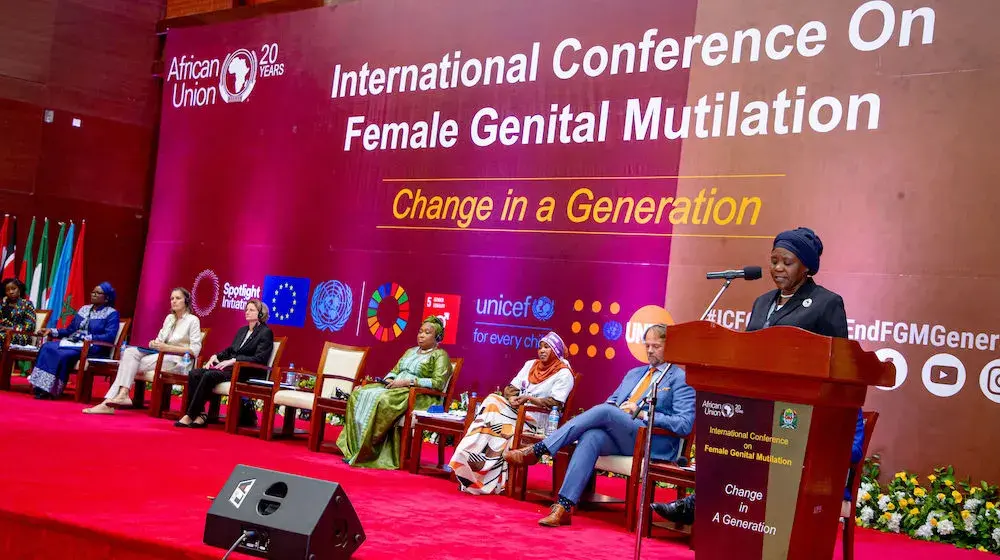PRESS RELEASE
JOHANNESBURG, South Africa, 8 October 2021 – UNFPA, the United Nations sexual and reproductive health agency, and the global UNFPA-UNICEF Joint Programme on the Elimination of Female Genital Mutilation, have launched a new youth-led initiative, the FGM HackLab, to speed up progress on ending female genital mutilation (FGM) in Africa.
The FGM HackLab initiative will contribute towards an Africa where every young woman and girl can exercise her right to bodily autonomy and to make her own decisions regarding her life and future. This initiative will provide a platform for young people to share innovative ideas and solutions to end FGM in communities across Africa.
While a decline in FGM has been observed in some countries across the region in the past ten years, the rate at which this is occurring is not fast enough. In 2012, the United Nations General Assembly adopted the first-ever resolution against FGM, calling for intensified global efforts to eliminate the practice. In 2015, FGM was included in the Sustainable Development Goals under Target 5.3, which calls for eliminating all harmful practices.
“COVID-19 showed us that the progress we have achieved in ending FGM in Africa is fragile,” said Dr. Bannet Ndyanabangi, Regional Director a.i. for UNFPA East and Southern Africa. “With just nine years left to eradicate gender-based violence including FGM by 2030, we need an innovative approach. The ICPD Programme of Action and the Sustainable Development Goals call for smart innovation and action from the youth, not only during this campaign but for each day of each year. This initiative will be beneficial in finding fresh solutions to the worrisome problem of FGM.”
UNFPA and UNICEF are leading the fight to end FGM and other harmful practices with initiatives such as the FGM HackLab. The joint programme focuses on 17 countries where FGM is practised and supports regional and global initiatives.
"We recognize the untapped potential of young people and through this initiative, the Joint programme will channel their energy and creativity to develop innovative solutions to end FMG on the African continent,” said Mireille Tushiminina, coordinator of the UNFPA-UNICEF Joint Programme on the Elimination of Female Genital Mutilation. “We are in the Decade of Action, which calls on young women and men to play a critical role to exert agency and sustainable solutions to generate an unstoppable movement towards the elimination of FGM with bigger dreams – and more innovative approaches – to deliver on the promise of ending FGM by 2030.
"Our commitment to ending FGM in Africa and beyond would be incomplete and unsustainable without mobilising, preparing and working alongside the next generation for the tasks ahead," she said.
This initiative is supported by the Spotlight Initiative Africa Programme to end violence against women and girls.
For more details about the UNFPA HackLab project and to register, click here.
Note to editors
For more information, or to request interviews, contact:
Daisy Leoncio, leoncio@unfpa.org, WhatsApp: +1 347 491 9154
++++
UNFPA, the United Nations sexual and reproductive health agency, delivers a world where every pregnancy is wanted, every childbirth is safe and every young person's potential is fulfilled. UNFPA calls for the realization of reproductive rights for all and supports access to a wide range of sexual and reproductive health services, including voluntary family planning, maternal health care and comprehensive sexuality education.
The UNFPA-UNICEF Joint Programme on the Elimination of Female Genital Mutilation (FGM) is the largest global programme to accelerate the abandonment of this harmful traditional practice and thereby advance the rights, health and well-being of women and girls. The programme has catalyzed a global movement to eliminate FGM and has shown an unparalleled ability to effect change at the regional, subregional, national and community levels.
++++





